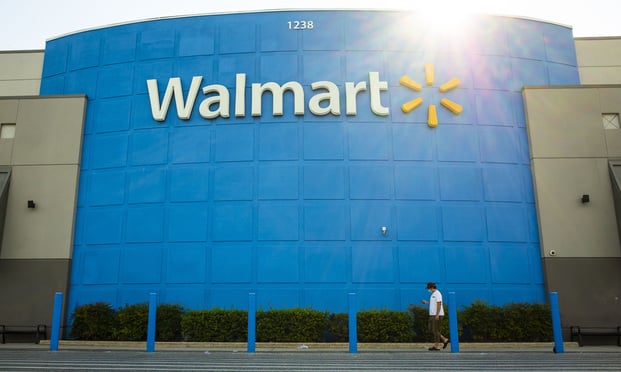Human resources executives may have devoted a lot of time andinvestment to boosting health benefits and health-relatedservices, but that doesn’t mean their workers arereaping all the benefits.
Some workers, in fact, are having more trouble than others innegotiating their way through the system. According to the ConsumerHealthcare Experience Index survey, conducted by Harris Poll onbehalf of health care concierge Accolade, younger workers — thoseunder 30 years old — and working families need more support tonavigate both health care and benefits, or they won’t be able toavail themselves of improvements that employers have added.
Young workers averaging under30 years old are the most lacking in confidence about their abilityto work their way through the health care system. Just 56 percentsay they are comfortable doing so, while among retirees the figureis much higher: 76 percent say they’re comfortable tackling thehealth care system.
Continue Reading for Free
Register and gain access to:
- Breaking benefits news and analysis, on-site and via our newsletters and custom alerts
- Educational webcasts, white papers, and ebooks from industry thought leaders
- Critical converage of the property casualty insurance and financial advisory markets on our other ALM sites, PropertyCasualty360 and ThinkAdvisor
Already have an account? Sign In Now
© 2024 ALM Global, LLC, All Rights Reserved. Request academic re-use from www.copyright.com. All other uses, submit a request to [email protected]. For more information visit Asset & Logo Licensing.








